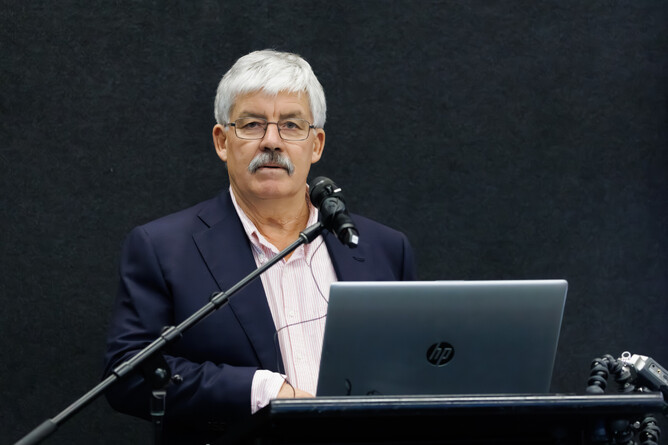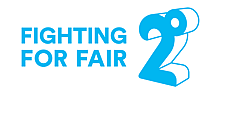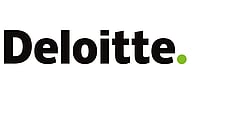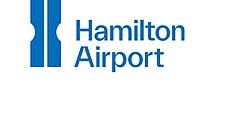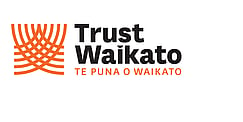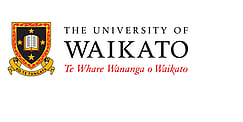Read the latest edition of Chamber CEO Thoughts, written monthly by Waikato Chamber of Commerce CEO, Don Good.
Unification of the Waikato
We call for the unification of Waikato councils.
It is time for newly elected councillors to tighten their belts and deliver us a unified Waikato. One where rates are inflation plus a margin to fund growth. One where regulation and its interpretation are identical across the region. One where democracy flourishes and voter turnout exceeds 75%. One where efficiency and financial prudence triumphs over ideology and petty party politics.
One Waikato. Not a collection of princedoms.
It shouldn’t be Hamilton based as that would bring out all manner of poisonous parochialism. Titanium Park is central and will have the Southern Links project improving access from all points of the compass in a few years. Crucially it is owned by a group of councils and is part of the Hamilton Airport development. Another alternative is Ruakura Super Hub which is right next to the Expressway, the University and Innovation Park. Either site would be a meaningful shift from Hamilton centric to Waikato centric.
During the recent local government election campaign, we asked three questions of candidates about what they will do about rates, debt and amalgamation. The overwhelming support for amalgamation by candidates surprised us, but most we spoke to, in both the political and bureaucratic arms of local government, saw the inevitability of Waikato councils amalgamating.
The split of the council’s water assets, the vibe from Wellington, and the pressure for real restraint on rates from voters in a cost-of-living crisis, combined to make the concept logical and a matter of when, not if.
Wellington is looking at it. Auckland has done it. There are lessons to be learnt. With rates increases of over 15% if we don’t do it. We need to get on and just do it.
Te Huia
Passenger number continue to deteriorate. As always with this service there are reasons, excuses or attempts at justification. But in these tight economic times is it justifiable that ratepayers subsidise a service that is not succeeding? When buses are quicker, cheaper, more planet friendly, more reliable and offer more services during the day, you can see why this train, as a form of public transport, is a failure.
Do we want to become a satellite suburban region for Auckland, or do we want to attract industry out of Auckland to settle, build and employ people in the Waikato? Perhaps the Regional Council needs to reorientate their economic development thinking to Waikato first and not spend our ratepayer’s money on subsidising quality employees travelling to work in Auckland.
Te Huia was never a successful commuter train as argued by the business case; it was always going to be a valiant but perpetual waste of ratepayer money to support a privileged few.
View the Te Huia daily patronage breakdown to end of September here.
India
It was a real pleasure last week to host the Consul General of India Dr Madan Mohan Sethi at Union Square. Dr Sethi is smart, pragmatic and keen to advance practical steps to strengthen trade between India and New Zealand.
What an opportunity India is. Sure, it is huge, but within that monster of a market may lie many niches for Waikato businesses. With a population of over 1.5 billion and an average age of 29, India could swallow all the food we produce and still ask for more.
With a rising middle class of approximately 580 million people who are well versed in global trade, there is plenty of opportunity for Waikato businesses to connect with.
We are discussing with the Consul General the logistics of an Indian delegation coming here in March 2026 as a precursor to Fieldays. If you are interested in being part of that initiative or any other with India, please reach out to Rob.
South Waikato Project Phoenix
Last week we joined with many community groups and companies to have a stand at Project Phoenix, part of the South Waikato District Council’s answer to the devastating job losses at Oji’s Kinleith plant and Carter Holt Harvey’s ply operation.
Exorbitant energy prices, soft demand, difficulty in sourcing timber, competition from overseas-sourced products, high payroll costs and aging plant that has not been reinvested in, has been the lethal cocktail mix that has seen the closures and redundancies.
What was special was the way the community and commerce got together to assist those in need with transition. Everyone was there, from community groups for young and old, two personnel companies in Asset and Drake Personnel, to budgeting groups. It was great to see two banks - Kiwibank and Westpac - step up to talk options and put their energy into helping their community.
Equally it was interesting to see the support given to the community by the unions and certainly it was their opportunity to shine. Their deep dive into the reasons behind the shutdown argued that much was out of the control of the staff, and the closedown was the result of boardroom decisions at the likes of the gentailers and the company owners.
In tough times, people appreciate those who, by their actions, support the community.
Energy
What struck me as curious as we drove back from Tokoroa was the high energy prices, that added to the decisions to close, occurred when Tokoroa is a stone’s throw from Mercury’s nine power stations on the Waikato River.
Energy is not the whole reason for the closures, but power companies will quickly push the blame for high energy prices on to transmission lines but still choose to ship electricity to Auckland and Tauranga, when a cheaper price could be argued for the Waikato.
The Waikato is energy rich; the Waikato River dams, geothermal, sun, coal, gas and wind make up a decent baseload and peak generation. It is all available, but the electricity generated is shipped elsewhere.
Energy should be one of the Waikato’s unique selling points to attract commerce to our region. Yet Mercury, Genesis and others choose to move it along those expensive transmission lines to other places.
Are we missing a trick here?
Perhaps a updated Waikato energy strategy is long overdue, the last was back in 2009. It is time the Waikato recaptures a strategic asset that has been reallocated elsewhere. The big gentailers do little for the Waikato. Perhaps it is time to question their position in our economy.
QS Global Employer Survey
The QS Global University Reputation Survey collects feedback from employers like you to measure the reputation of universities around the world, including the University of Waikato.
The employer feedback makes up 15% of the total score for each university in the annual QS World University Rankings. Accordingly, the scores UoW receive from employers can have a significant impact on the University’s global ranking.
The higher the QS ranking, the more attractive the University becomes to students and to importantly to the employment of outstanding academic staff. Both lead to a far larger, diverse and more advanced pool of talent for Waikato companies to employ from.
It is a virtuous circle that starts with you completing the Employer Survey here.
If you have any questions, contact uowranking@waikato.ac.nz.
Regards
Don Good

